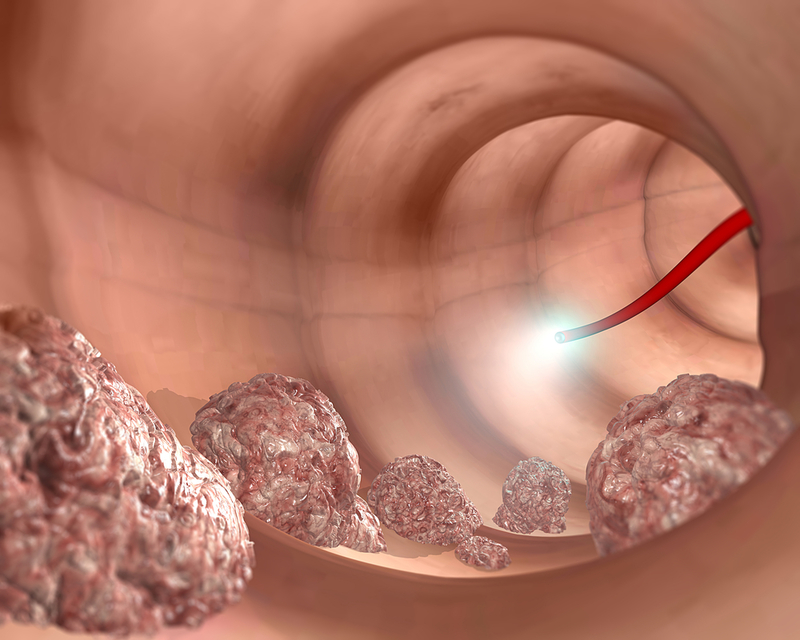Study shows better option for treatment of inoperable anal cancer
ANI Jun 26, 2020
A new study has suggested that people with inoperable anal cancer treated with carboplatin-paclitaxel had fewer complications and lived longer than those who received another chemotherapy that has been more often administered.
For our comprehensive coverage and latest updates on COVID-19 click here.

The results from an international trial, published by the Journal of Clinical Oncology, suggest that carboplatin-paclitaxel become the standard of care for anal cancer, a rare disease that accounts for less than 3 percent of all gastrointestinal malignancies. The InterAAct trial compared carboplatin-paclitaxel with cisplatin plus 5-flourouracil (5FU). "The InterAAct trial identifies carboplatin-paclitaxel as the optimal chemotherapy regimen in the first-line setting for inoperable anal cancer," said lead US investigator Cathy Eng, MD, David H Johnson Chair in Surgical and Medical Oncology at Vanderbilt University and co-leader of the Gastrointestinal Cancer Research Program at Vanderbilt-Ingram Cancer Center.
"Carboplatin-paclitaxel was associated with less toxicity and a trend toward improved survival, which suggests that it should become the standard of care for these patients and the backbone for future phase three trials," added Cathy. The overall survival of patients enrolled on the carboplatin-paclitaxel arm of the clinical trial was 20 months compared to 12.3 months for those on the cisplatin-5FU arm. Carboplatin-paclitaxel was associated with significantly less adverse effects (36 percent) compared to cisplatin-5FU (62 percent).
The study enrolled 91 patients from the United States, Australia, Germany, Norway and the United Kingdom between December 2013 and November 2017. The International Rare Cancers Initiative formed the Anal Cancer Working Group to design and conduct trials with the goal of providing metastatic anal cancer patients with new treatment strategies.
Patients with inoperable anal cancer have a five-year survival rate of approximately 30 percent.
Paclitaxel was first documented as a treatment for advanced anal cancer in 2011 and was later combined with carboplatin. Response rates of 69 percent had led some clinicians to administer it as a first-line treatment, but the cisplatin-5FU regimen had been adopted internationally.
Disclaimer: Image used is for illustrative purposes only and does not represent a true or accurate depiction of the news report.
-
Exclusive Write-ups & Webinars by KOLs
-
Daily Quiz by specialty
-
Paid Market Research Surveys
-
Case discussions, News & Journals' summaries